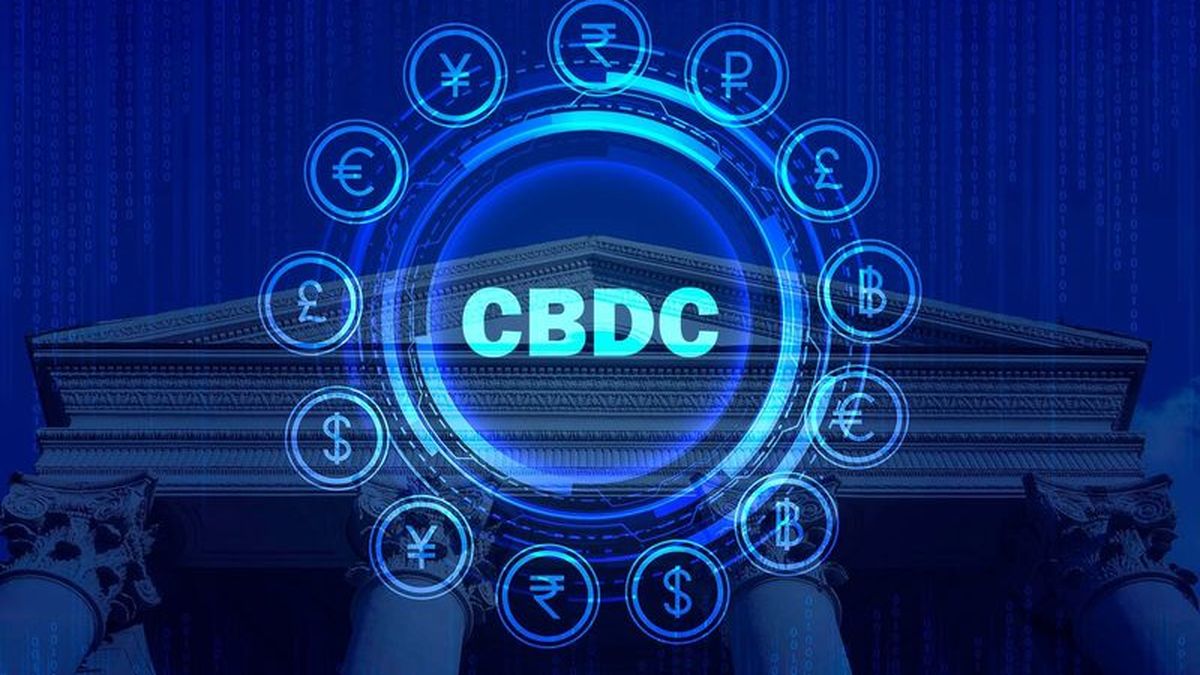The Minister of Economy Sergio Massa proposed in full presidential debate 2023 the creation of the Argentine digital currency, in case he is elected president. Now, what is it and how would it work? Does it exist in other countries?
The Central Bank Digital Currencies (CBDC) arose in response to bitcoinwhich was the one that kicked off the use of blockchain technology and forced the traditional financial system to adapt.
Coins Digital Central Banks: how they work in other countries
First world countries like Swiss, China, Russia and USAthe CBDC, or at least they are studying for a possible future implementation. Furthermore, the main advantage of this digitization of currency lies in the use of blockchain technologywhich supports the security and operation of cryptocurrenciesgiving them their own inherent value.
The Argentina Blockchain Foundation investigated the viability of an Argentine digital currency and highlighted that it could generate a democratization of access to banking servicesthe reduction of the informal economy and the implementation of clear rules for monetary issuancecontributing to the fight against inflation.
Likewise, the creation of a national blockchainbacked by a network of nodes distributed throughout the territory, would guarantee the maximum safety in your operation and would reduce costs for users.
Through smart contracts –smart contracts– which are found within a blockchaincould be set default emission guidelineswhich could be connected to other factors of the real economy, such as level of employment, bank deposits, interest rates, among others, thus guaranteeing the value of this Digital weightstood out from Argentina Blockchain Foundation.
They also highlighted as an advantage their potential to reduce the informal economysince being a 100% traceable technology, it will allow a better redistribution of the tax burden, maintaining the anonymity of its users.
Argentine digital currency: what is needed to apply it
Argentina stood out as a pioneer country in the adoption of cryptocurrenciesranking number 12 worldwide in this aspect, as well as in the use of virtual wallets, which is widely accepted in Argentine society. Now, since Argentina Blockchain Foundation They noted that the implementation of a new digital currency will require shared efforts to reduce the technological gap within the country and guarantee equitable internet connectivity throughout the national territory.
Furthermore, in Brazil the Real Digital (DREX)your legal tender digital currency, and the main aspect to consider is your interoperability with local and international systems, which could serve Argentina as this country’s main trading partner.
From the perspective of interoperability with external systemsthe development of Real Digital would make the interconnection compatible with CBDCs of others Central Banks in order to achieve a greater financial and commercial integration. The case of Brazil demonstrates that these technologies can be used as platforms both to enhance private innovation and to improve financial inclusion.
Source: Ambito




